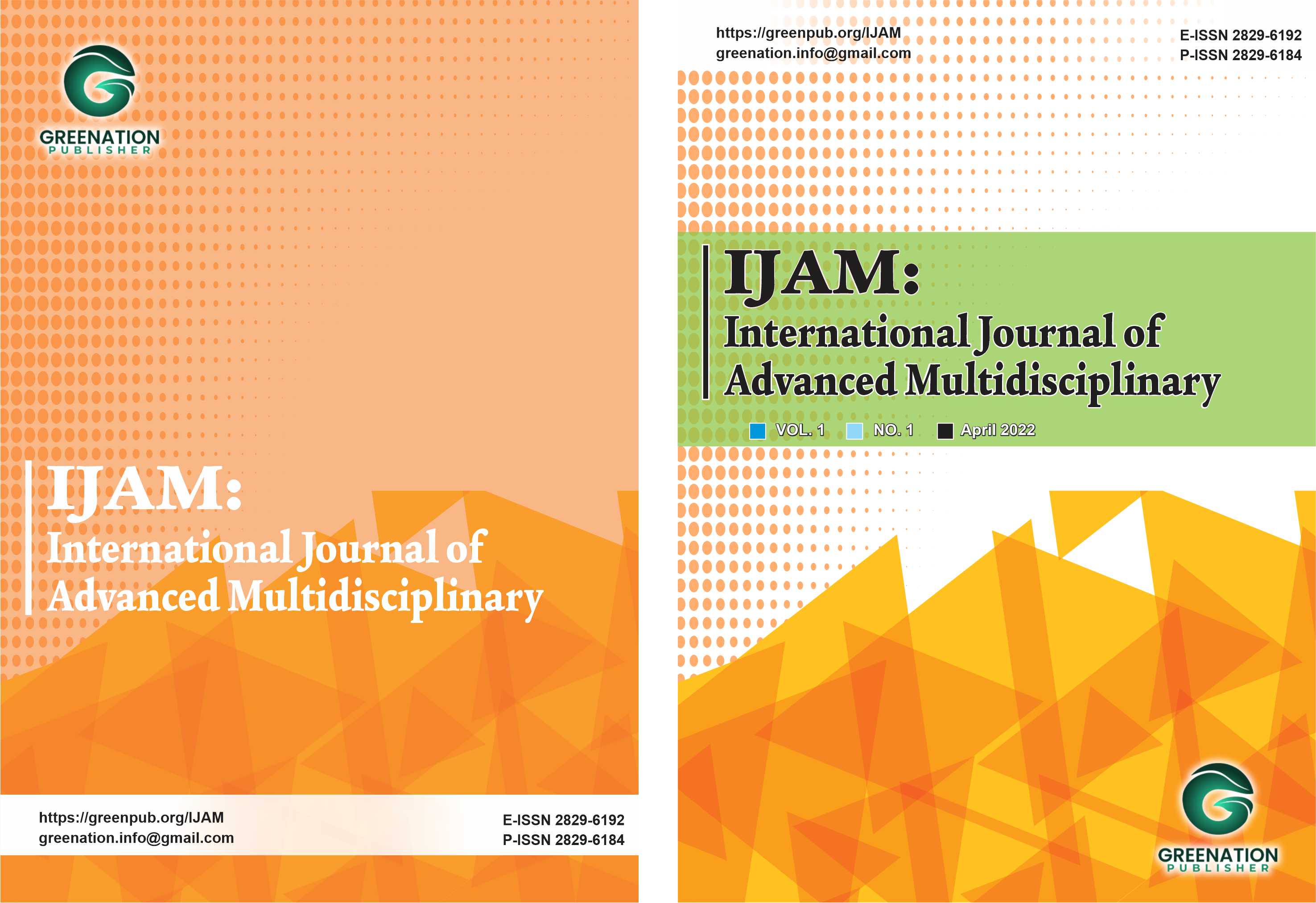The Influence of Trust, Intellectuality, and Leadership Style on The Openness of Leaders in Islamic Educational Institutions
DOI:
https://doi.org/10.38035/ijam.v2i2.262Keywords:
Influence, Openness, Leader, Trust, Intellectuality, Leadership StyleAbstract
Every organization desires an open leader but the openness of the leader cannot just happen there are many factors that can influence it among these factors are those revealed in this article such as the influence of trust in subordinates, intellectuality of the leader, and his leadership style. This research is a literature study with a type of descriptive qualitative research with library research that seeks to describe the factors that influence the openness of leaders. This study aims to provide an analysis of the factors that can affect the openness of leaders obtained from the results of literature review or literature study by comparing various written sources such as articles, journals and books that are relevant to the study in this study.
References
Ahmad Susanto, 2018, Concepts, Strategies, and Implementation of Teacher Performance Improvement Management, Prenamedia Group, Depok
Asep Solikin, Fatchurrahman, Supardi, (2017), Servant leaders in building an independent nation, Journal volume 16 Number 2
Elfindri et al, 2010, Soft Skills for Educators, Baduose Media
Fatahullah Jurdi, 2018, Quality and Competitive HR Management Strategies, Intrans Publishing, Malang
George R. Terry & Leslie W. Rue, 2019, Basics of Management, Bumi Aksara: Jakarta Inu Kencana Syafiie, 2019, Management Science, Cipta Library: Bandung
Irham Fahmi, 2017, Human Resource Management Theory and Application, Alfabeta, Bandung
Istijanto Oei, 2010, Human Resources Research (Practical Ways to Measure Stress, Job Satisfaction, Commitment, Loyalty, Work Motivation and Other Aspects of Employee Work, Gramedia, Jakarta)
Jerome S, Arcaro, 2023, Quality Based Education, Student Library, Yogyakarta
Kompri, 2017, Standardization of Principal Competencies A Theoretical Approach to Professional Practice, Kenca: Jakarta
Matondang, 2008, Leadership: Organizational Culture and Strategic Management, Graha Ilmu, Yogyakarta.
Novatiani, A., Rusmawan Kusumah, R. W., & Vabiani, D. P. (2019). The Effect of Transparency and Accountability on Government Agency Performance. Journal of Management Science and Business, 10(1), 51-62. https://doi.org/10.17509/jimb.v10i1.15983
Ramayulis & Mulyadi, 2017, Management and Leadership of Islamic Education Leadership, Radar Jaya Offset, Jakarta
Sedarmayanti, 2019, Human Resources (Bureaucratic Reform and Civil Servant Management), PT Refika Aditama, Bandung
Sukmawati, F., & Nurfitriani, A. (2019). The Effect of Transparency and Accountability on Village Financial Management (Study on Village Governments in Garut Regency). Scientific Journal of Business, Capital Markets, and MSMEs, 2(1), 52-66.
Tarihoran, A. (2016). The Effect of Tax Avoidance and Leverage on Firm Value with Corporate Transparency as a Variation Model. Jurnal Wira Ekonomi Mikroskill, 6(2), 149-164.
Downloads
Published
How to Cite
Issue
Section
License
Authors who publish their manuscripts in this journal agree to the following conditions:
- The copyright on each article belongs to the author(s).
- The author acknowledges that the International Journal of Advanced Multidisciplinary (IJAM) has the right to be the first to publish with a Creative Commons Attribution 4.0 International license (Attribution 4.0 International (CC BY 4.0).
- Authors can submit articles separately, arrange for the non-exclusive distribution of manuscripts that have been published in this journal into other versions (e.g., sent to the author's institutional repository, publication into books, etc.), by acknowledging that the manuscript has been published for the first time in the International Journal of Advanced Multidisciplinary (IJAM).






















